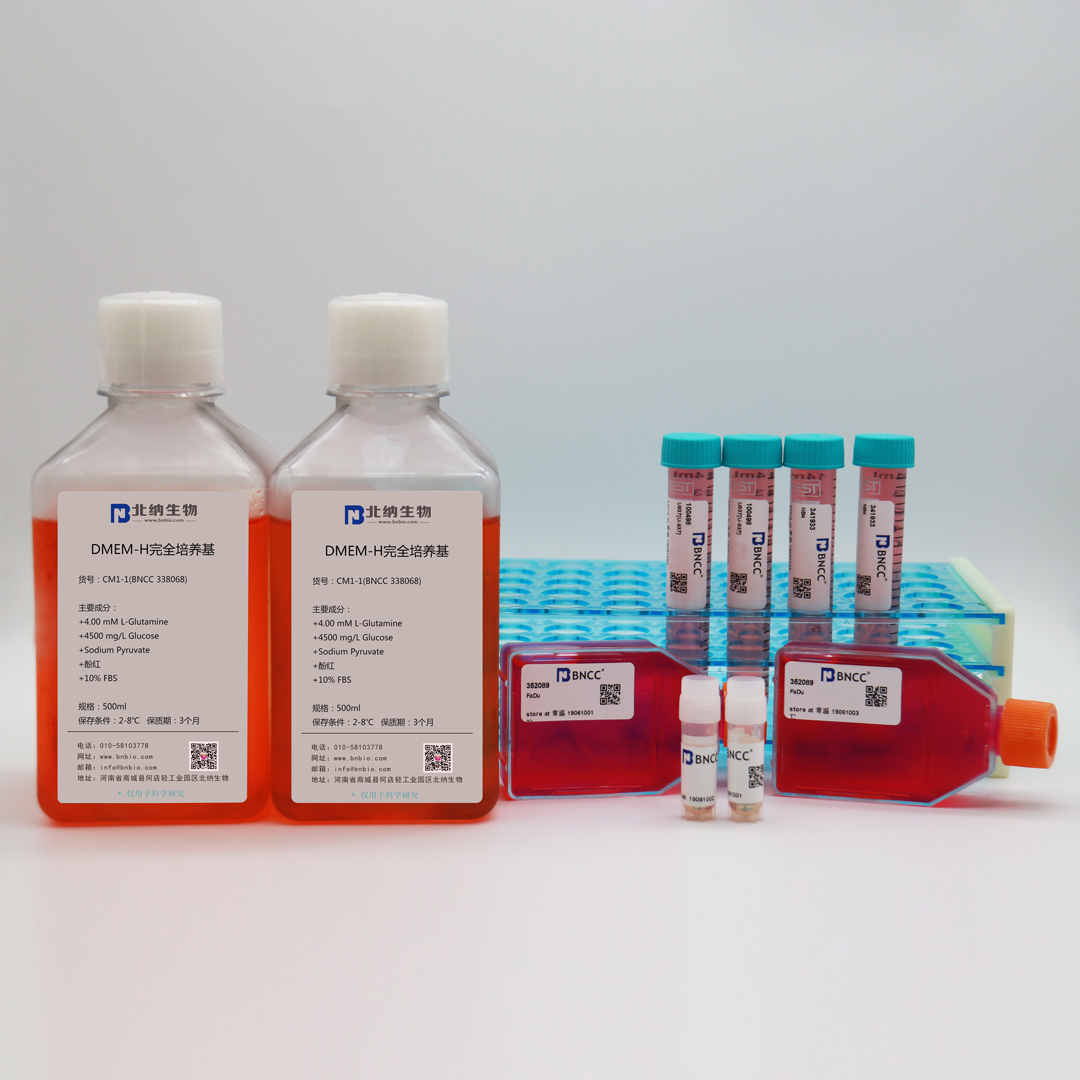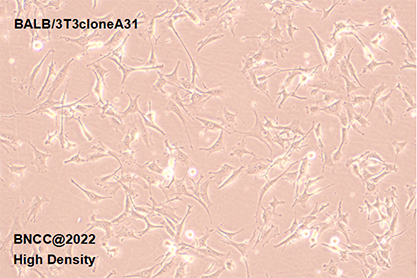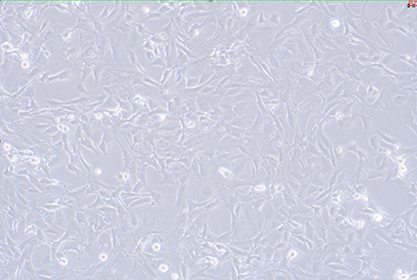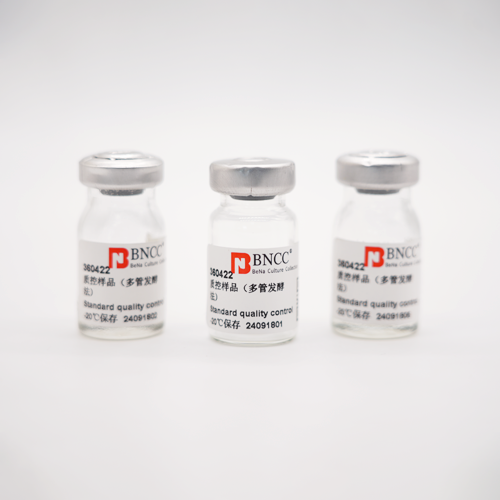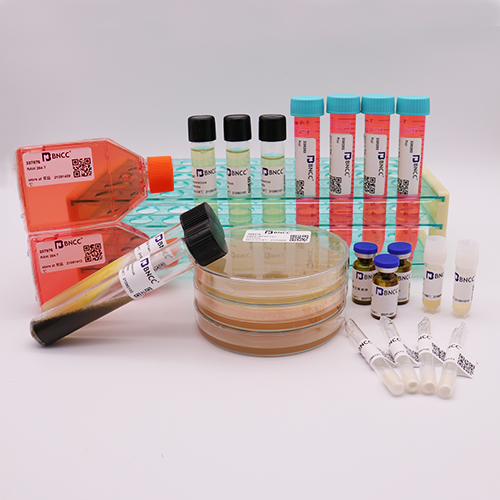BALB/3T3 clone A31 mouse embryonic fibroblasts
adherent, fibroblast-like
No. 359191
Product format: 2ml frozen vial x 2, or T25 flask x 1
Biosafety level:1, handle in ultra-clear table or safety cabinet
Receiving notice: if any abnormality is found on the day of receiving goods, please contact customer service within 24 hours. if it fails to do so, it will be deemed as good receiving goods. The frozen storage tube shall be stored in a refrigerator at -80 ℃ after receiving the goods. If it is not used for a long time, it shall be transferred to liquid nitrogen storage overnight. T25 form, after receiving the goods, the culture bottle shall be placed in the incubator for rest for 4 hours, and then the cells shall be subjected to routine operation. During recovery, each tube shall not be retained once used up. After recovery, it will be passed on to one generation and can be used normally. Please strictly follow this instruction, otherwise no reissue service will be provided if cell inactivation is caused.
Growth conditions:37 ℃,5% co 2,90% DMEM-H + 10% FBS. DMEM-H:DMEM high sugar culture solution, containing glutamine and sodium pyruvate.
Recovery steps:
(1) 1 new 100mm plate containing 12mL of the above culture solution;
(2) the frozen storage tube is taken out of liquid nitrogen or -80 ℃, bathed in water at 37 ℃ for 1~2min, and moved into the safety cabinet for resuscitation as soon as possible after complete dissolution;
(3) using a sterile straw to suck the dissolved liquid into the new plate and shake well clockwise;
(4) put in (37 ℃,5% CO2) in the incubator, change the liquid overnight, and it will be full in 3-5 days.
Subculture/cryopreservation: suck out the old culture solution. after PBS cleaning for two times, add 2mL(/100mm dish) of pancreatic enzyme and observe under a microscope. during this period, shaking of the culture dish is prohibited. when the cells just fall off, most of the pancreatic enzyme is sucked out, leaving about 0.5mL, then move to the incubator for digestion and take out for about 1.5min. Subculture is terminated by digestion with 6mL of culture solution, and cells are gently blown evenly, and then subculture can be divided into 1:3. For cryopreservation, 3mL of cryopreservation solution (50% basic medium + 40% FBS + 10% DMSO) is used to terminate digestion, blow evenly, divide into 3 frozen storage tubes, and use a program cooling box to freeze storage at -80 ℃.
Recovery record: According to the recovery instructions, the results of the cell recovery are reported as follows:
| Item |
quality standard |
Recovery record |
| viability: |
adherence is observed in 18 hours, the cell adherence rate ≥ 80.0% in 96hours |
adherence is observed in 18 hours, the cell adherence rate ≥ 80.0% in 88hours |
| cell morphology: |
Adherent, fibroblast-like |
Adherent, fibroblast-like, short spindle |
| attached figure: |
 |
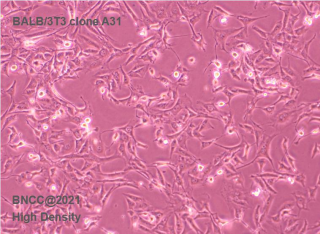 |
| Conclusion: |
good viability, and no abnormal cell morphology, qualified |

 info@bncc.com
info@bncc.com
 - English
- English
 - Japanese
- Japanese

